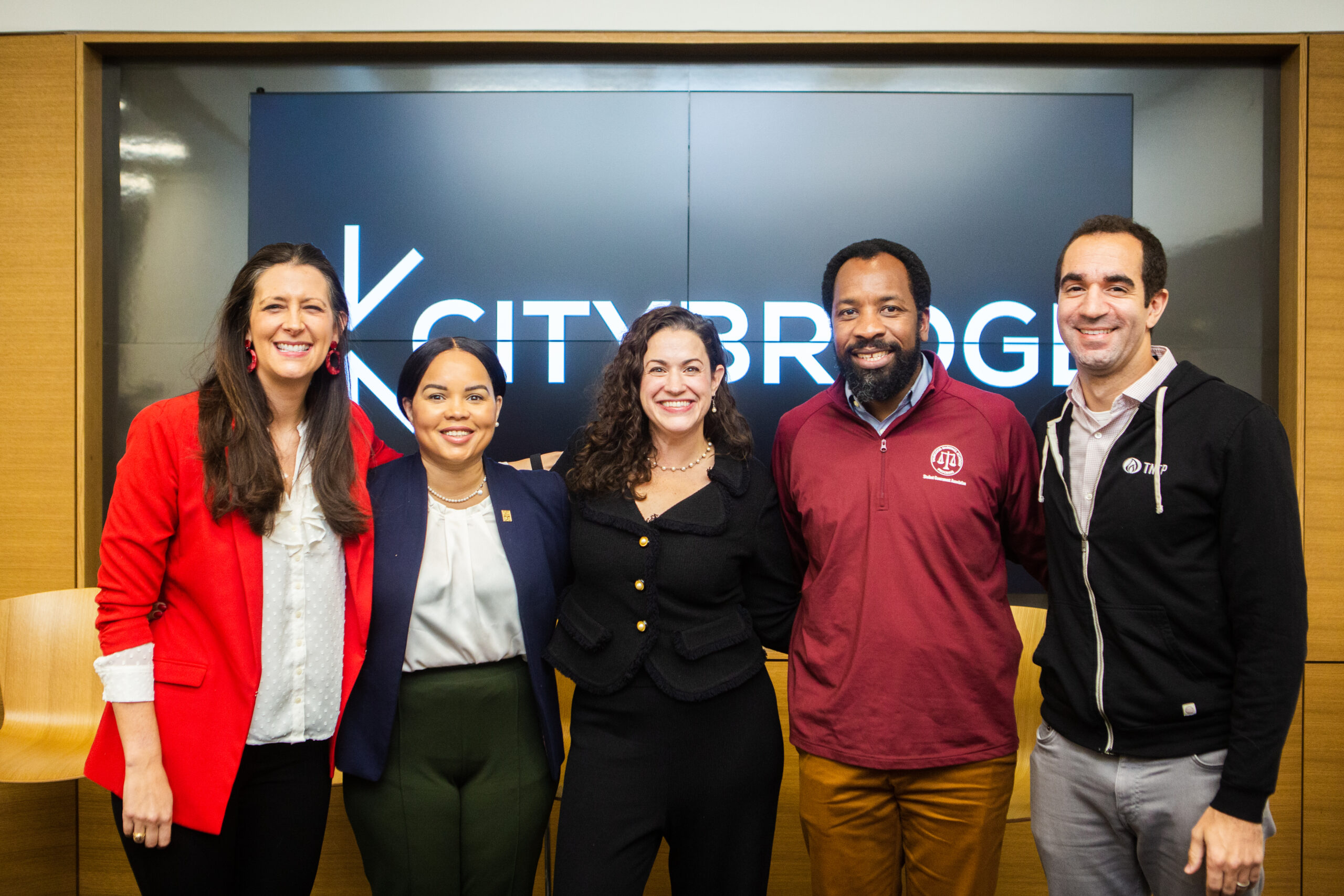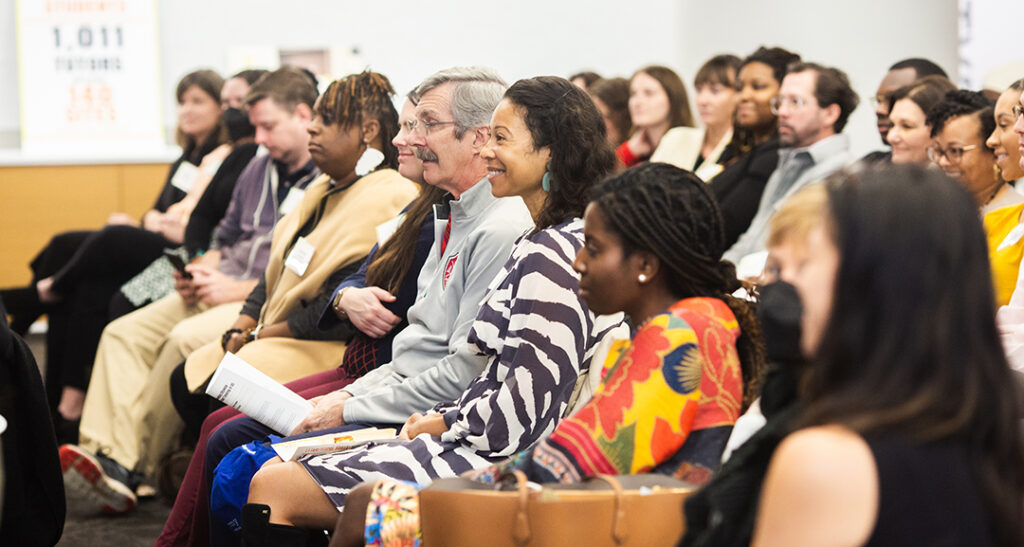
ESTABLISHING ROOTS: IMPLEMENTING CITYWIDE HIGH-IMPACT TUTORING IN DC
Since its inception in early 2021, CityTutor DC (CTDC) has catalyzed tutoring for more than 6,200 students across Washington, DC.
We have achieved these results by building a “connected forest.” Much like how underground networks distribute nutrients and messages among seemingly solitary trees to help improve the health of a forest as a whole, CTDC acts as an intermediary in the highly decentralized DC education system, connecting seemingly solitary LEAs in service of continuous improvement, brokering tutoring partnerships, and advocating for programs designed for students most in need of support—all to help improve outcomes for all students in the District.
After a year of work, we have uncovered the following principles of the connected forest strategy:
- Collective Strength: A robust tutoring strategy requires a large coalition of partners with unique models coordinated around a common goal and set of standards.
- Holistic Support: A centralized network that provides multiple types of support across the entire implementation process leads to a significant increase in standards-aligned tutoring.
- Shared Learning: Tutoring quality improves when partners have regularly structured opportunities to share information and collaboratively problem-solve.
Read more about these principles and how to build a tutoring ecosystem that serves students furthest from opportunity and will last beyond the context of pandemic recovery in our latest white paper, Establishing Roots: Implementing Citywide High-Impact Tutoring in DC.

The launch of Establishing Roots was accompanied by a presentation and panel discussion that brought together representatives from the over 50 partners that make up the CityTutor DC coalition to share learnings and hopes for the future. The panel, moderated by CityBridge CEO Rachel Evans, featured Dr. Christina Grant, State Superintendent, OSSE; Cat Peretti, Executive Director, CityTutor DC; Kit Tollerson, Partner, TNTP; and Raymond Weeden, Executive Director, Thurgood Marshall Academy.
The white paper and the discussion reveal that high-impact tutoring works. The data in DC reflects national trends—more minutes of tutoring leads to more student improvement, particularly in ELA. However, to truly understand the impact of high-impact tutoring, we must look beyond test scores and also consider the gains being made for student well-being.
“We were trying to figure out a way for students to start to really embrace learning in the building again,” said Raymond Weeden. “We could see early on that having the opportunity for students to have someone who they depended on made a bright spot for them, so they would come back more and more and more.”
The conversation also highlighted the technical support provided by CityTutor DC and the panel endorsed the coalition approach as crucial to the success of HIT in DC and replicable in other districts. “We had to activate everyone to do tutoring in this specific way. The need was so vast and the urgency was there so everybody was willing to step up,” said Cat Peretti. “It was an all hands on deck situation in the city and everyone rose to the occasion.”
While our panelists represented diverse roles and varied perspectives on high-impact tutoring, all were in agreement that HIT must, in the words of Kit Tollerson, “become a permanent feature of the American school model.”
“HIT is our signature investment for academic acceleration,” said Dr. Christina Grant. “We want to sustain [HIT] past the pandemic. In the next six years, we could achieve a world where every child in Washington, DC, that attends a public or public charter school has access to high-impact tutoring. We’re planting those seeds now.”
